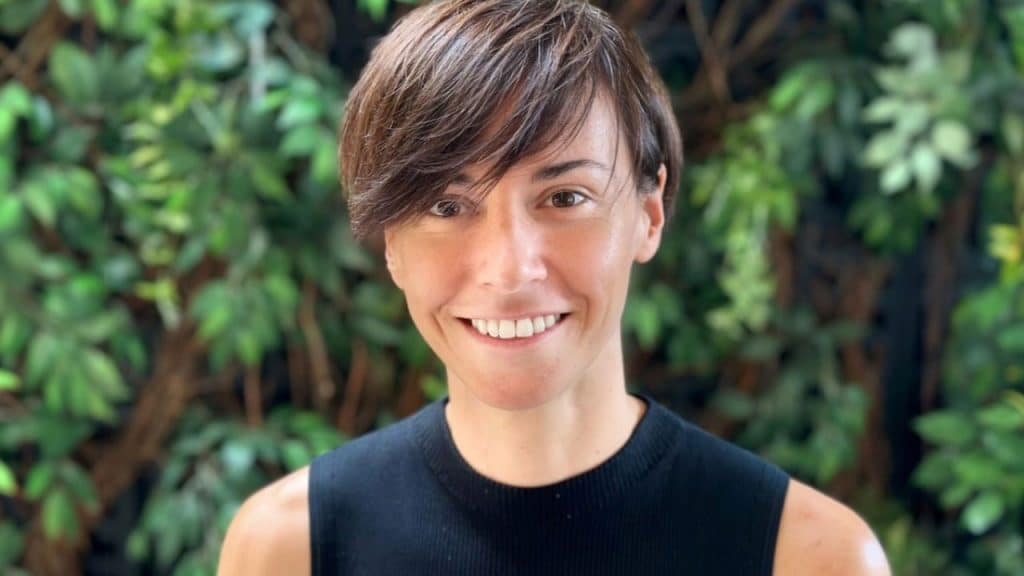Improving society and health isn’t just about finding the right scientific breakthrough. It’s also about changing perceptions. Sometimes we’re limited in what we think is possible or in who we think can make a meaningful contribution. The push for more open-mindedness is an important one (https://longevity.technology/news/new-longevity-fund-aims-to-change-perceptions-as-much-as-outcomes/).
Longevity research still starts from the premise that once we reach a certain age, normally around 65, we’re old, regardless of how many anti-aging therapies we take. The elderly are the people who need to be helped, not the ones doing the helping. Innovation is for the young.
One major investor, Katerina Stroponiati, founder of Monday Capital, realized that this approach was cutting off a potential source of great ideas, so she decided to launch Brilliant Minds, a brand new fund to lead investment into those over 60. This won’t just be in the longevity field, but across a range of different sectors that could have implications for anti-aging science.
Brilliant Minds will offer between $200,000 and $300,000 to projects at the beginning of their lives, pushing them over those early hurdles so they have a chance to really develop. By the time a product has made it to the later rounds of funding, the hope is that other investors will have realized its worth and won’t let stereotypes and prejudices stop them from underestimating its value.
It’s an attempt to tackle ageism, a prejudice that isn’t always recognized as such and therefore doesn’t always receive the attention of sexism or racism. This is despite the fact that older people have invaluable experience. If you want to avoid repeating mistakes from the past, you need to listen to the people who have been there before.
There’s more to this than the potential for new innovations. The attitude that older people should just sit down and put their feet up can be a source of stress, anxiety and depression. People who could still be working and doing good lose their sense of purpose, become less active, and thereby increase their risk of various health problems.
Stroponiati isn’t exclusively dedicated to one approach. She calls herself an “industry agnostic”, willing to invest in the old and the young, in biotech and non-biotech and all sorts of things. She also aims to influence policy, so maybe one day society as a whole can be more open and innovative.




